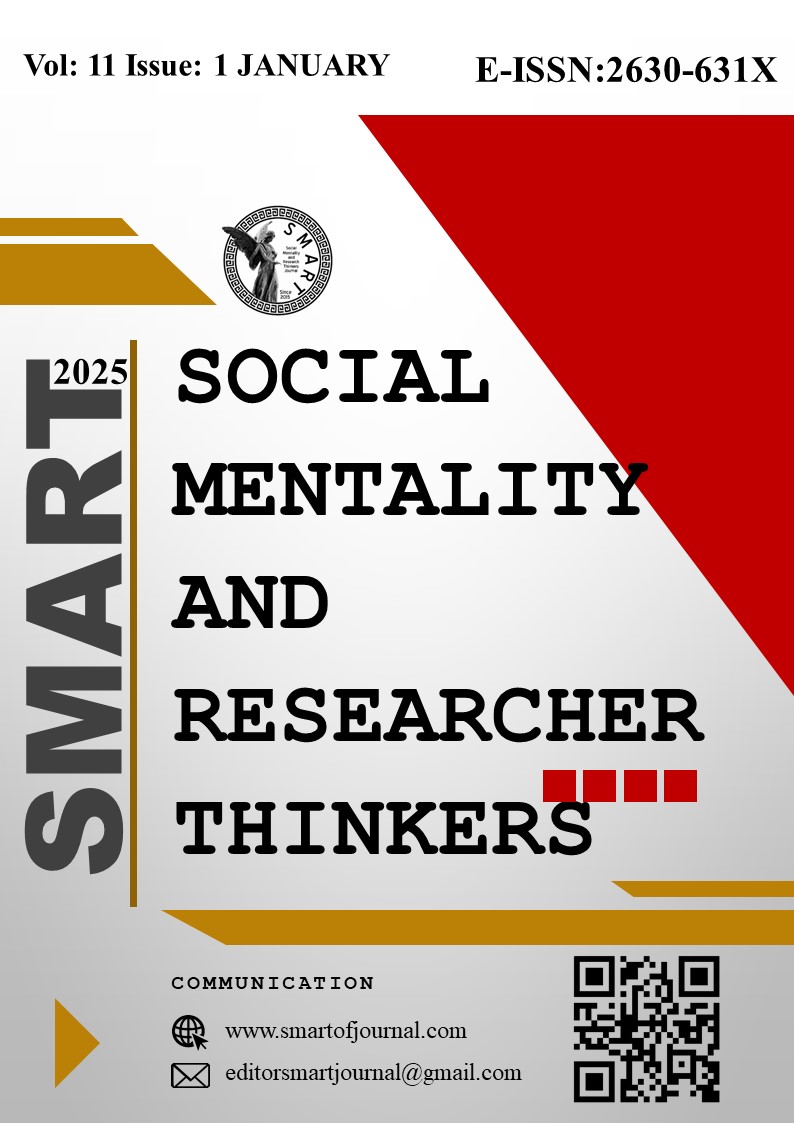Author :
Abstract
Bu makalede, kelâm-fıkıh usûlü etkileşimi bağlamında Irak ve Semerkant Hanefî Ekollerinin ihtilâf ettiği meseleler ele alınmış ve her iki ekol arasındaki ihtilâfların temel noktaları tespit edilmeye çalışılmıştır. Bu bağlamda âmm lafzın delâleti, illetin tanımı ve mahiyeti, illetin tahsisi, şeriat gelmeden önce fiillerin hükmü, kâfirlerin şeriat ile yükümlülüğü, helal veya haram kılmanın eşyaya nispet edilmesi meselelerindeki ihtilâf noktaları tespit edilmiş ve ihtilâfların arka planındaki kelâm anlayışı ortaya koyulmuştur. Buna binaen Irak Hanefi Ekolünün bahsi geçen bu meselelerde, Mu’tezile mezhebiyle benzer düşünceyi paylaşıp paylaşmadığı hususu değerlendirilmiştir. Diğer taraftan Mu’tezile mezhebiyle ayırt edici olan kelâm meselelerinde aynı potada gözükmek istemeyen Semerkant Hanefî Ekolünün konumuz kapsamındaki kelama dair usûl düşünceleri incelenmiş ve bunun fıkıh usûlü kaidelerine yansımaları değerlendirilmiştir.
Keywords
Abstract
In this article, in the context of the interaction between theology and jurisprudence, the issues on which the Iraqi and Samarkand Hanafi schools disagreed are discussed and the main points of disagreement between the two schools are tried to be determined. In this context, the points of disagreement on the issues of the evidentiality of the āmm word, the definition and nature of the cause, the allocation of the cause, the ruling of the acts before the arrival of the Shari'ah, the obligation of the disbelievers with the Shari'ah, and the attribution of halal or haram to things have been identified and the theological understanding behind the disagreements has been revealed. Therefore, it has been evaluated whether the Iraqi Hanafi school shares a similar opinion with the Mu'tazilites on these issues. On the other hand, the Samarkand Hanafī school, which did not want to be seen in the same pot with the Muʿtazilite school in the distinctive theological issues, was analysed and its reflections on the usul al-fiqh principles were evaluated.





